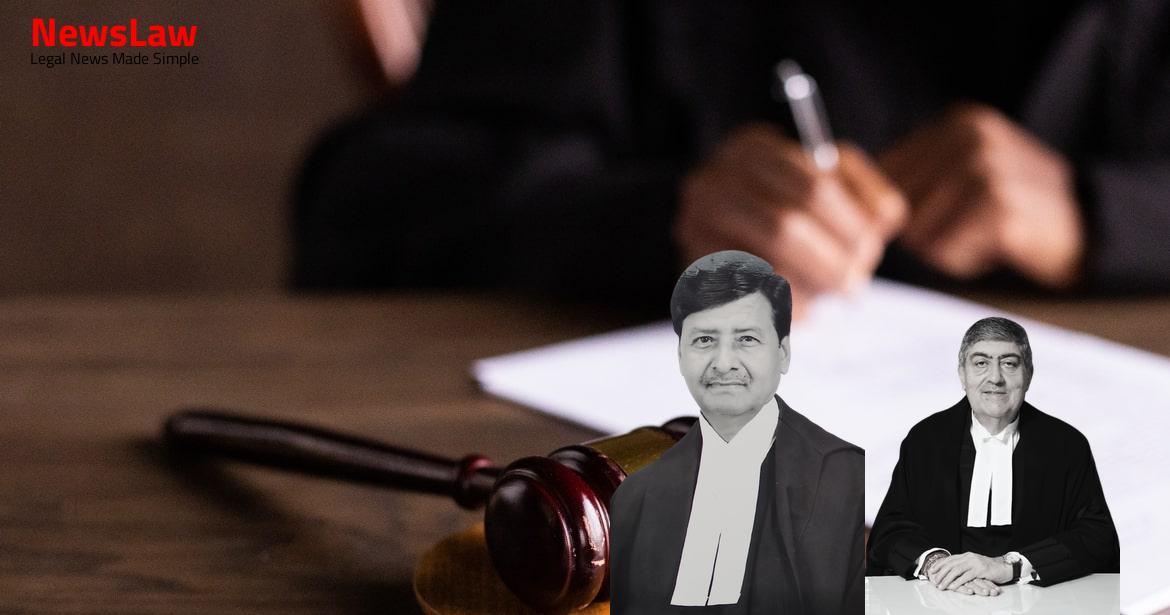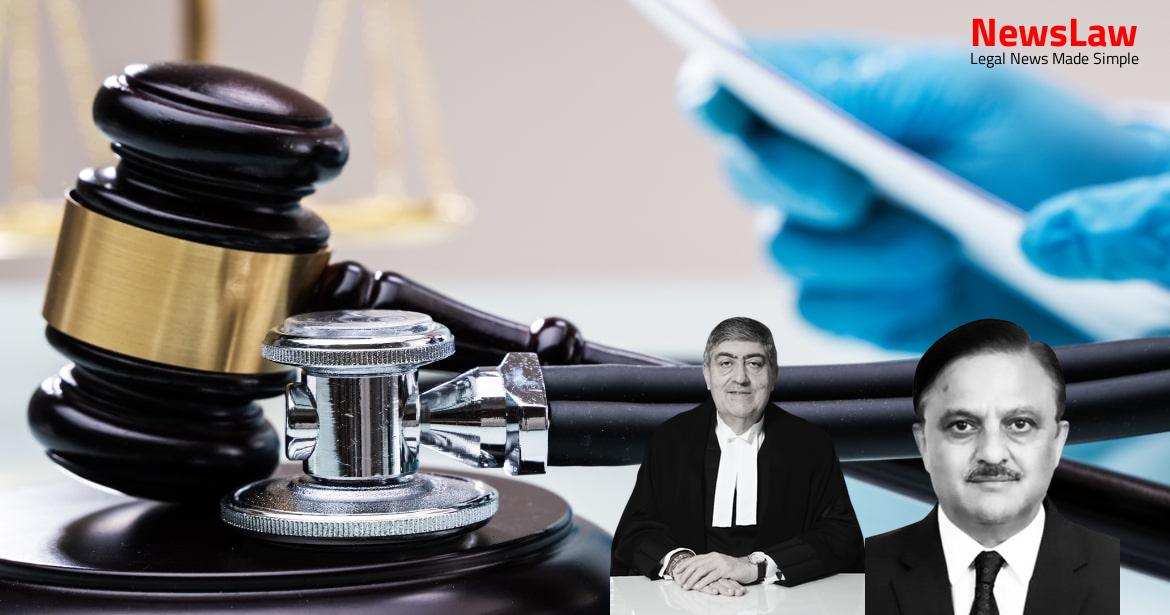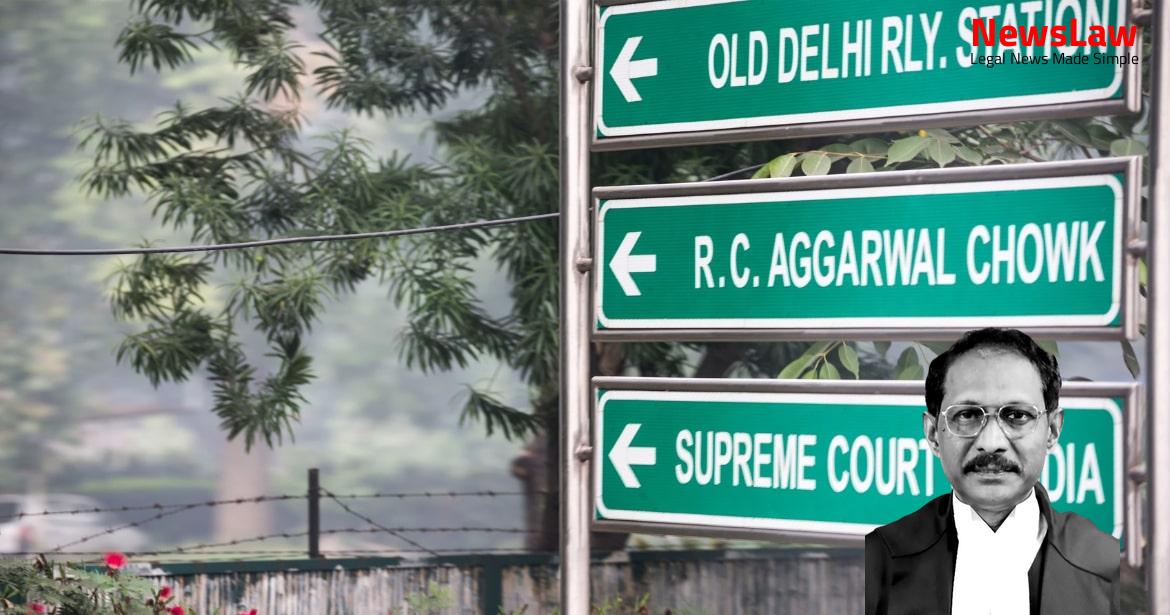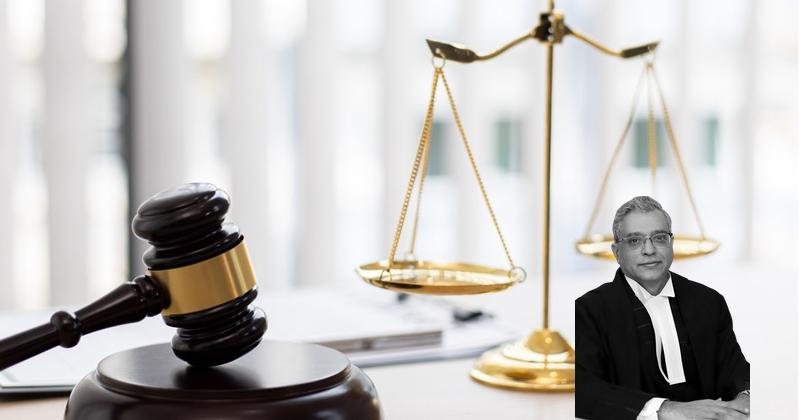The case delves into the intricate legal analysis of the court’s exercise of judicial discretion under Section 311 of the CrPC. The fundamental question revolves around the summoning of witnesses and the examination of crucial evidence to ensure a just decision is reached. The court’s role in maintaining fairness and upholding the truth in legal proceedings is under scrutiny, shedding light on the significance of proper legal procedures and due process.
Facts
- Appellant received a call about the death of his daughter on the night of 2/3 April, 2004.
- Respondent nos. 1 to 3 are facing criminal trial for various offenses including 498A, 304-B, and 302 IPC in relation to the wife of the 1st respondent who died under unnatural circumstances.
- Application filed by the Ld. Additional Special Public Prosecutor under Section 173(5) read with Section 311 CrPC for summoning witnesses and securing relevant records was challenged by respondent nos. 1 to 3 in a petition under Section 482 CrPC.
- Ld. Additional City Civil & Sessions Judge allowed the application for summoning witnesses with cogent reasons.
- Second post-mortem on the victim’s body was conducted in J.J. Hospital, Mumbai, but the relevant documents were not made available during the submission of the charge-sheets.
- Application filed to produce the documents at a later stage in the trial to fill gaps in investigation.
- Objections raised against the application questioning the private nature of the investigation and the effect of the second post mortem on the case.
- Crime No. 162/2004 was registered for offense under Section 302, 498A IPC based on a complaint by the appellant.
- Additional Special Public Prosecutor filed under Section 173(5) read with Section 311 CrPC for summoning witnesses and examining the Doctor who conducted the second post-mortem for the sake of justice.
Also Read: Legal Case: Sentence Reduction in Non-Compoundable Offence
Issue
- The main issue in this case is the question of whether the appellant is entitled to receive compensation for the death of his daughter Keerthi.
- The marriage of Keerthi, the deceased daughter of the appellant, was solemnized with the 1st respondent on 17 February, 2002.
- This issue is central to determining the rights and liabilities of the parties involved in this case.
Also Read: Recovery of Misappropriated Temple Funds: Court’s Legal Analysis
Analysis
- The application under Section 311 CrPC was filed by the Additional Special Public Prosecutor to summon witnesses and documents for the second post mortem in a case involving charges under various sections of the IPC and Dowry Prohibition Act.
- The Trial Judge considered the facts and circumstances of the case, including the initiation of correspondence with Worli Police and J.J. Hospital for the second post-mortem report, before allowing the application under Section 311 CrPC.
- The Trial Judge emphasized that the power under Section 311 should be used judiciously for the just decision of the case and not arbitrarily, in line with the aim of discovering the truth in court proceedings.
- The High Court erroneously set aside the Trial Judge’s order without properly considering the scope and reasoning behind invoking Section 311 CrPC, leading to the decision being deemed unsustainable.
- The excerpt of the Section 311 CrPC was provided, emphasizing the court’s power to summon witnesses and examine essential evidence at any stage of an inquiry or trial to ensure justice is served.
- Section 311 of the Code of Criminal Procedure (CrPC) confers vast discretion upon the court for the ends of justice.
- Discretionary power should be exercised only for strong and valid reasons, with caution and circumspection.
- The court has the authority to summon any person as a witness, examine any person in attendance, or recall and re-examine any person already examined.
- The court is obligated to summon and examine, or recall and re-examine any person if their evidence is essential to the just decision of the case.
- The discretionary power under Section 311 CrPC must be exercised judiciously, with caution, considering the necessity of judicious discretion.
- The principles related to the exercise of power under Section 311 CrPC have been well-settled by the Supreme Court.
Also Read: Determining Seniority in Delayed Appointments: Legal Analysis
Case Title: V. N. PATIL Vs. K. NIRANJAN KUMAR (2021 INSC 149)
Case Number: Crl.A. No.-000267-000267 / 2021



